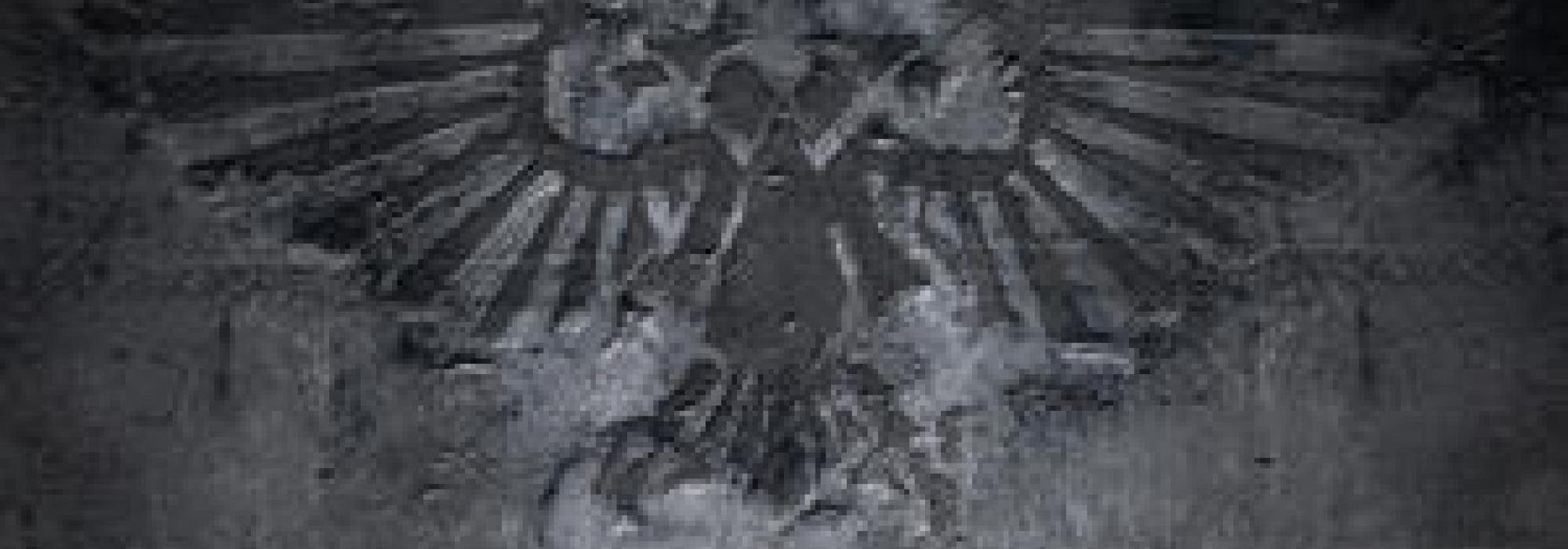भट्टिर्नष्टो भारविश्चापि नष्टो
भिक्षुर्नष्टो भीमसेनोऽपि नष्टः ।
भुक्कुण्डोऽहं भूपतिस्त्वं हि राजन्
भम्भावल्यामन्तकस्संनिविष्टः ॥
In the last story we saw how Bilhana, the great poet who lived in the 11th century, fell in love with a princess. This story gives us an account of how, lost in love, he was about to lose his life.
The king was furious that his daughter liked a penniless poet. He wanted to get rid of him immediately, and passed an order sanctioning his death. According to this, Bilhana (also known as Bhukkunda) was to be beheaded. As was the custom, he was made to wear a red garment and a red garland was put round his neck. Unaffected by all this, he marched with the soldiers.
On the way, Bilhana was seized by throes of shrungara. He remembered the pleasant times spent with his beloved and composed beautiful, melancholic verses. (These verses are collected in a poem “Chorapanchashika.” It has fifty verses set in Vasanatatilaka metre.) He also sent a message to the king:
The god of death has arrived at the bha-varga.
People are dying one by one:
Bhatti, Bharavi, Bhikshu, and me,
Bhukkunda now; in that order.
And you are bhupati, O king.
The way in which he has taken the names of past people and used them in this context is amazing. He said, Bhatti (a great grammarian), Bharavi (Author of Kiratarjuniyam, one among the five epic-poems), Bhikshu, Bheema are all dead. Now I, Bhukkunda, have been sentenced to death. Looking at this, it sure seems like Yama (the god of death) is following a pattern – starting with the letter ‘bha,’ he’s killing people in that sequence (bha-bhaa-bhi-bhee-bhu-bhoo), one by one. By addressing the king as bhupati, Bhukkunda hinted that death is sure to come to him next. This cleverness at the verge of death is quite rare. The king was impressed and pardoned him. He also gave his daughter in marriage to him.
It seems that, at a later stage, he came to Karnataka and was the court-poet of Chalukya Vikramaditya. He also composed a beautiful poem in praise of him – Vikramankadevacaritam. Bilhana spent his last days peacefully on the banks of Ganga.
Note: Information about the king and princess mentioned in this story is found in Bilhaniya, a small work having 164 verses. According to this, the father was Veerasimha, the emperor of Gujarat during those times, and his daughter was Chandralekha.
Translated from Kannada by Shashi Kiran B. N.
(The original article is from the anthology Kavitegondu Kathe.)
















































Comments